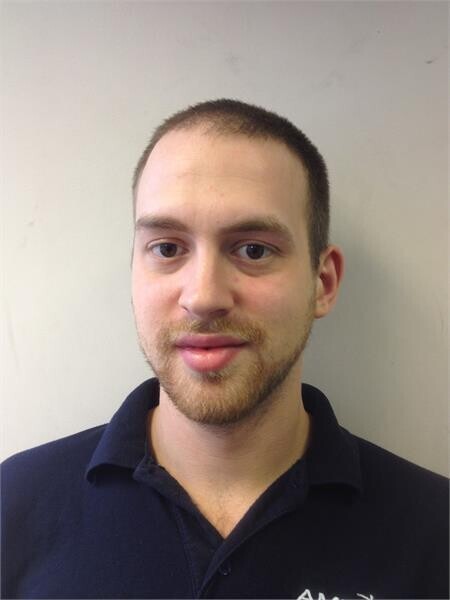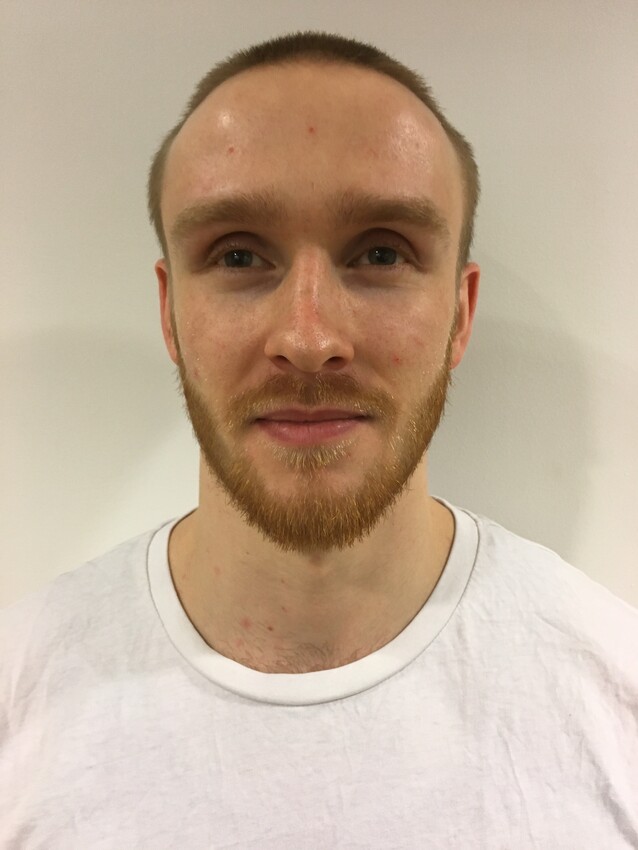Exercise for the Disabled
Exercise for the Disabled
Exercise offers powerful benefits for individuals with disabilities, contributing to better physical health, mental well-being, and overall quality of life. While each person’s abilities and needs vary, regular physical activity—adapted as needed—can be highly beneficial.
⸻
Benefits of Exercise for People with Disabilities
1. Physical Health Benefits
• Improved strength and endurance: Regular activity can enhance muscle strength, cardiovascular fitness, and stamina, which are especially important for maintaining mobility and independence.
• Better weight management: Physical activity helps regulate body weight, which can reduce pressure on joints and prevent secondary health issues.
• Increased mobility and flexibility: Exercises tailored to individual ability can maintain or improve range of motion and reduce muscle stiffness or joint pain.
• Reduced risk of chronic disease: Exercise can lower the risk of conditions such as heart disease, type 2 diabetes, and high blood pressure.
• Enhanced immune function: Regular movement can help boost the immune system and improve overall health.
Mental & Emotional Benefits
• Improved mood and reduced anxiety/depression: Exercise increases the release of endorphins and other mood-enhancing chemicals, helping to combat feelings of isolation or depression.
• Boosted self-confidence and self-esteem: Achieving exercise goals, however small, can foster a strong sense of accomplishment and empowerment.
• Better sleep: Physical activity can help regulate sleep cycles and improve sleep quality, which is often disrupted in people with chronic health conditions or disabilities.
Social and Psychological Benefits
• Increased social interaction: Adaptive sports, group classes, or community programs create opportunities to meet others, reducing loneliness and fostering inclusion.
• Sense of community and belonging: Participating in group activities can provide emotional support and encouragement from peers with shared experiences.
• Enhanced independence: Regular exercise supports the ability to perform daily tasks, contributing to a more independent lifestyle.
Functional Benefits
• Support for rehabilitation: Exercise can aid in recovery and rehabilitation by maintaining strength in unaffected areas and improving function in others.
• Pain management: Certain types of movement and therapy can help manage chronic pain conditions often associated with disabilities.
Types of Adaptive Exercise
• Chair-based workouts: Seated exercises that include strength, cardio, or flexibility work.
• Aquatic therapy: Water-based activities are gentle on joints and ideal for many disabilities.
• Adaptive sports: Wheelchair basketball, adaptive cycling, and inclusive fitness programs.
• Stretching and flexibility training: Yoga, Pilates, or customized routines for better mobility.
• Resistance training: Using resistance bands or light weights tailored to the individual.
Safety and Accessibility Tips
• Consult a doctor or physical therapist before starting any program.
• Look for coach’s experienced in this area.
• Use assistive devices as needed.
• Start slowly and increase intensity over time.
• Focus on what can be done—not what can’t.
Final Thought
Exercise is for everyone, and with the right support and adaptations, people with disabilities can enjoy meaningful, life-enhancing benefits from physical activity. Whether for physical health, mental well-being, or social connection, staying active is a powerful tool for living a fuller, more independent life.

Giles Wingrove- Senior Personal Trainer and Fat Loss Specialist
Strength and Conditioning Coach
Exercise for the Disabled
Fat Loss Specialist
Body Weight Training Specialist
Weight Training and Lifting Specialist
Giles has been a keen martial artist for many years, studying karate as a teenager before getting into Muay-Thai in the last few years. He has travelled to Thailand on 3 occasions to study under local masters.
Since completing a YMCA qualification in Personal Training Giles has had great success with a multitude of clients for both fat loss and muscle gain. Giles also holds a qualification in TRX training and nutrition.
Through a great interest in diet, nutrition and delicious food, Giles has become a keen Primal/Paleo chef, often giving clients practical cooking lessons, tips and recipes as well as spending hours in the kitchen experimenting.

Harry Clemson
Senior Personal Trainer, Fat Loss Specialist, Corrective Exercise Specialist and Rehabilitation Specialist, Exercise for the Disabled
Harry has been playing rugby all his life and with that came a natural exposure to the world of health and fitness from an early age. Playing rugby at high levels in both union and league Harry decided push into the field of health and fitness while remaining competitive in a variety of sports. Harry has competed in powerlifting and became a British Champion in his weight category and won the overall best lifter in the competition amongst other competitive endeavours. He has worked successfully with a huge range of people including competitive Bodybuilders and Fitness Models, Rugby Players and Fighters, Runners and Cyclists, World champion Powerlifters, Basketball players and Olympic lifters. Harry’s true calling was found quite by accident when asked if he could help a patient with a late stage of M.S (Multiple sclerosis) whom was struggling to find a way to fight the progression of their M.S. Harry was able to put the years of high level sports related training and anatomical study together with his unique way of thinking to create an effective way to not only halt the symptoms of the M.S but to reverse the effects. Since then Harry has been improving his craft and successfully working with patients with varying neurological issues such as M.S – Stroke Victims, Parkinson’s and chronic pain.
Specialisations
• Strength and Conditioning Training
• Sports Specific Training
• Multiple sclerosis (M.S)
• Injury Rehabilitation and Prevention
• Posture and Ergonomics
• Pain Management
• Calisthenics
• Fat Loss Expert


